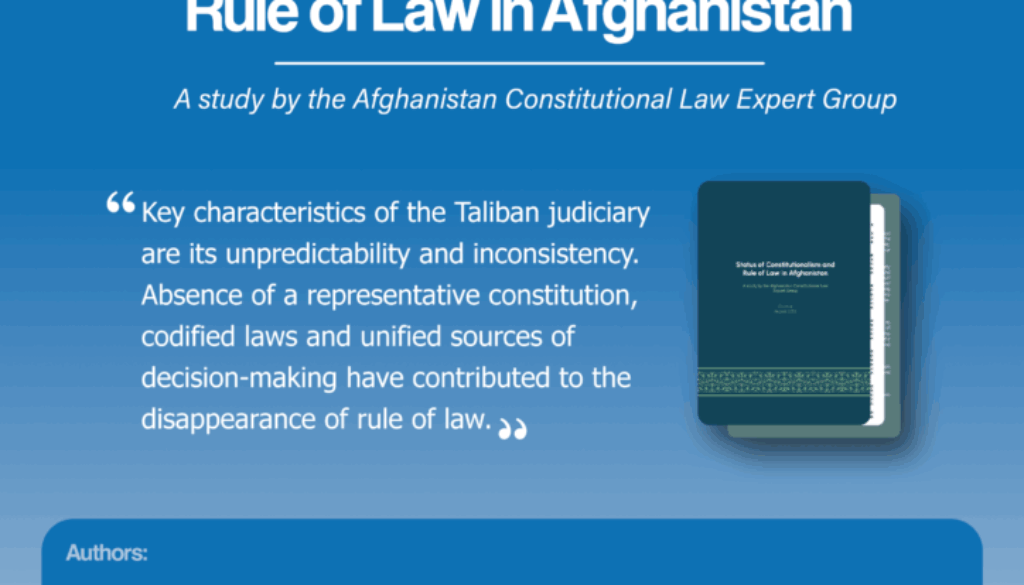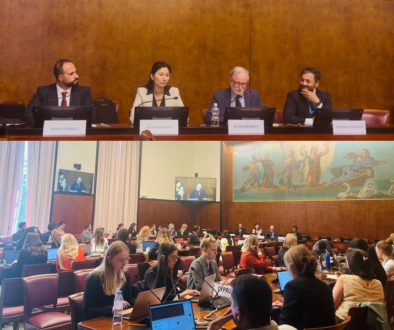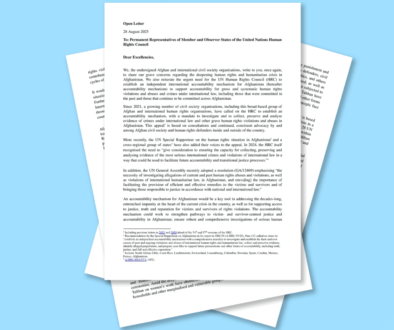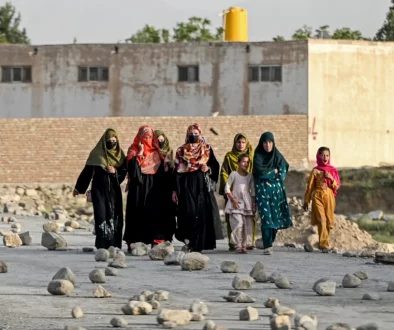Status of Constitutionalism and Rule of Law in Afghanistan
A study by the Afghanistan Constitutional Law Expert Group
This report examines the current state of constitutionalism and the rule of law in Afghanistan. It highlights how legal frameworks and state institutions have been severely weakened by political upheavals, corruption, and authoritarian governance.
Key findings include:
- State institutions lack independence in ensuring justice and the rule of law.
- Fundamental rights of citizens are widely violated, with limited access to justice.
- The fall of the Republic dismantled previous legal structures, leaving a governance vacuum.
- Legal uncertainty affects nearly all aspects of public life under the current regime.The report stresses that
The report stresses that meaningful reforms, independent institutions, and a commitment to constitutionalism are essential for building a just and sustainable future for Afghanistan.
About the Research Report
This report is commissioned by the Center for Dialogue and Progress-Geneva, and authored by distinguished members of the Afghanistan Constitutional Law Expert Group; Mr. Ahmad Shoaib Timory, Dr. Mohammad Haroon Mutasem, Dr. Lutforahman Saeed and Dr. Shamshad Pasarlay.
The Afghanistan Constitutional Law Expert Group is composed of eleven constitutional and rule of law experts from Afghanistan who are based outside Afghanistan and who promote constitutionalism to restore peace, public paticipation, and legitimacy to Afghanistan.
The rationale behind commissioning this report is to present an assessment of the state of constitutionalism and the rule of law in Afghanistan, based on the insights and analyses of Afghan scholars, legal experts, and practitioners with direct experience of the country’s legal and political systems.
The opening section of the report provides a brief introduction to the major changes brought by the Taliban since their return to power in August 2021. Subsequently, it examines the executive power and how the power dynamics are managed between Kabul, the capital, and Kandahar, the Taliban’s birthplace and where its supreme leader resides.In the next sections, the report provides an overview of the judiciary of the Taliban and the degree of its independence. Relevant to this is examining the role of organizations involved in judicial processes and the provision of justice.
Given the Taliban’s emphasis on application of Sharia in governance, one section of the report provides a historical overview of Islamic governance and whether the Taliban are following the key principles in this area.




